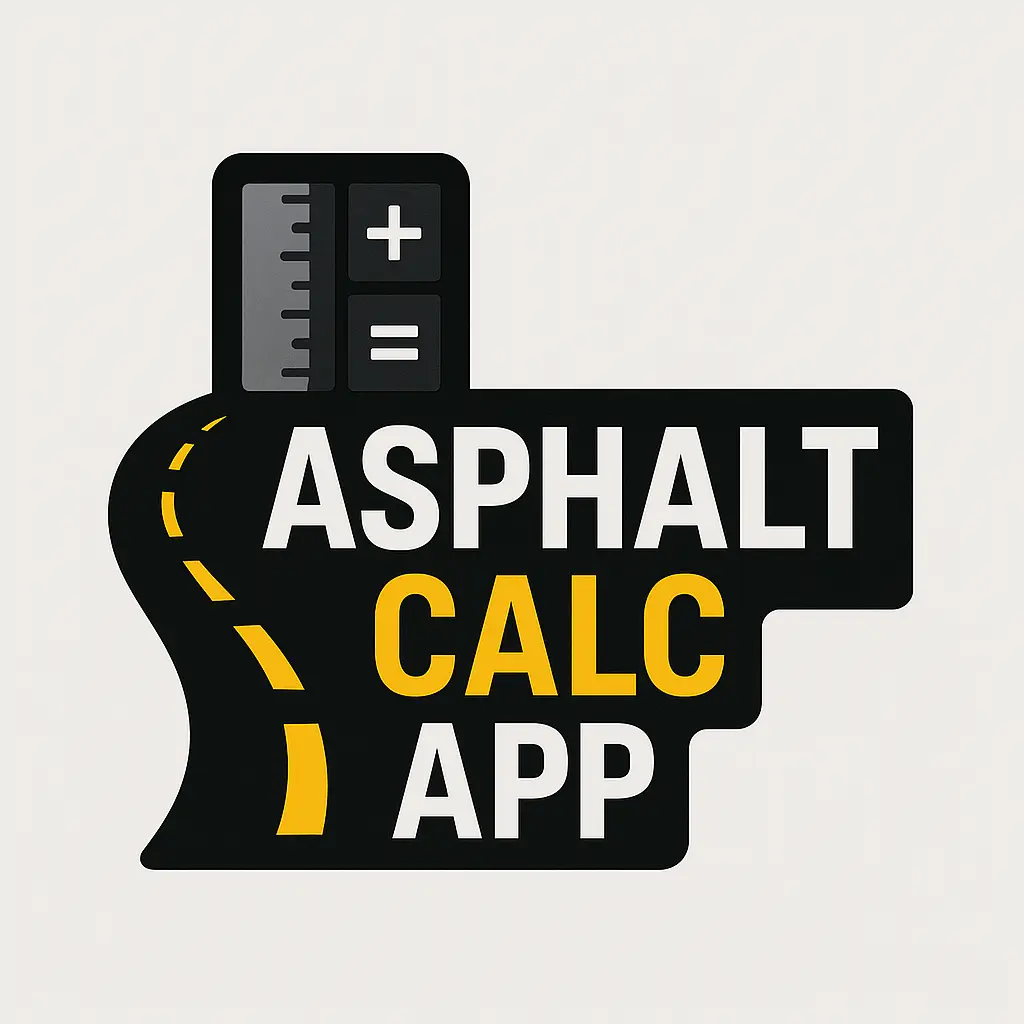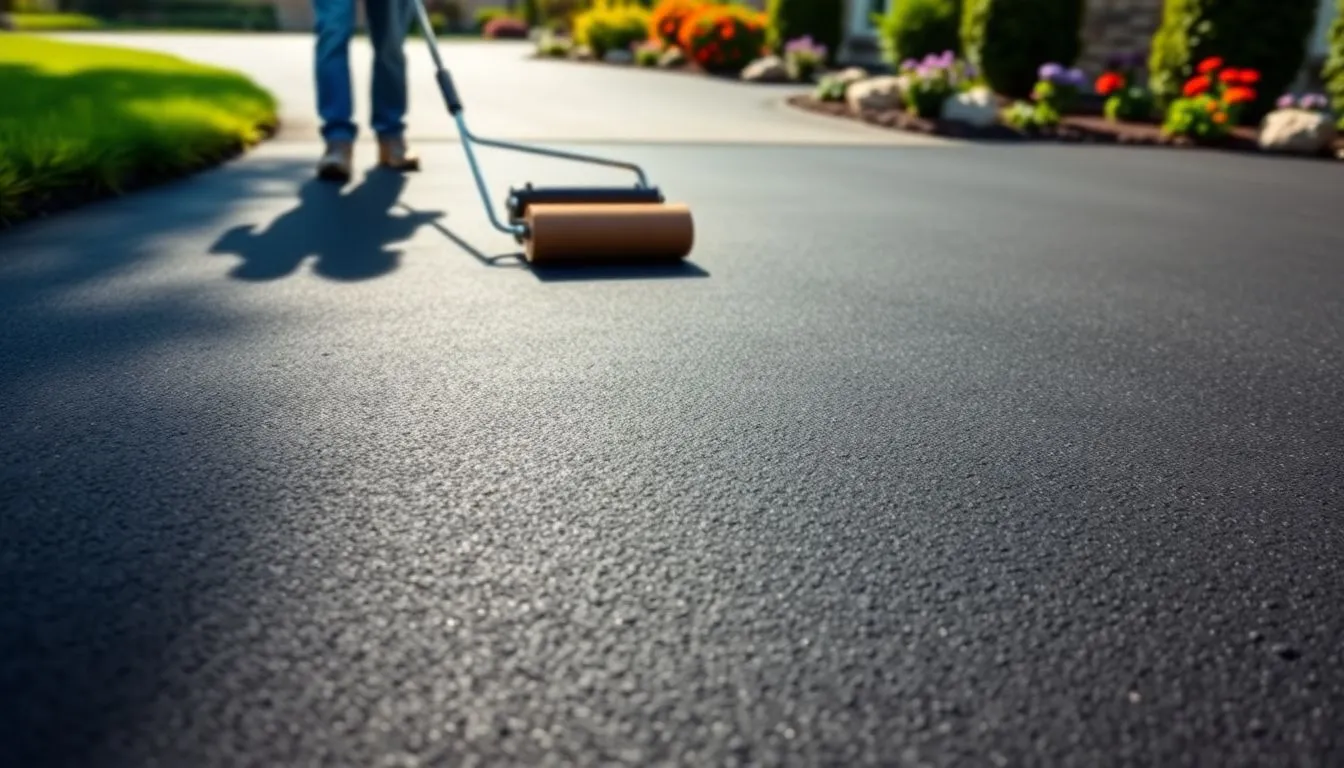
Maintaining your asphalt driveway is more than just keeping it clean. If you don’t take care of them, cracks and damage can rapidly turn into expensive repairs. A high-quality asphalt driveway sealer acts as a protective shield, helping your pavement last longer and look better.
Applying sealer isn’t just about aesthetics; it adds durability, prevents damage, and boosts your home’s value. In this comprehensive guide, you’ll learn everything about asphalt sealers—types, benefits, DIY tips, and expert recommendations.
What Is an Asphalt Driveway Sealer?
An asphalt driveway sealer is a liquid coating applied to asphalt surfaces to protect them from damage caused by water, sunlight, oils, and other elements. There are two main types:
- Penetrating sealers: Soak into the asphalt for deep protection, ideal for older or porous surfaces.
- Surface sealers: Sit on top and form a shield, improving the appearance while guarding against the elements.

Benefits of Using Asphalt Sealer
- Stops water from getting into gaps and freezing, which keeps it from getting damaged.
- UV Protection: Blocks harmful rays that cause oxidation and fading.
- Enhanced Curb Appeal: Restores dark, clean look to aged asphalt.
- Extends Lifespan: Delays cracking, potholes, and the need for resurfacing.
- Saves Money: Sealing costs far less than repaving.
Learn more in our asphalt patch kit reviews.
Types of Asphalt Driveway Sealers
- Asphalt emulsion is good for the environment, dries quickly, and can handle light traffic.
- Coal Tar: Extremely durable, but may be banned in some areas due to environmental impact.
- Acrylic Sealer: UV-resistant, glossy finish, and long-lasting—ideal for premium results.
- Fast-Dry Sealers: Cures quickly and is great for high-traffic zones.
When and Why You Should Sealcoat
- When to Seal: Seal new asphalt within the first year. After that, every 2–3 years is recommended.
- Why Seal: Prevents surface oxidation, protects against chemical spills, and delays major repairs.

See our comparison of asphalt overlay pros and cons.
How to Seal Asphalt Driveway (Step-by-Step)
- Cleaning the Surface: Use a broom or pressure washer to get rid of dirt and debris.
- Repair Cracks and Holes: Fill gaps with a reliable crack filler.
- Choose Tools: Use a brush, squeegee, or sprayer depending on the product.
- Apply evenly: Spread the sealer using overlapping strokes.
- Allow to Cure: Let dry for 24–48 hours before driving or walking on it.
See our detailed guide on how to seal asphalt.
Choosing the Right Sealer
- Climate: Cold climates require more flexible and durable formulas.
- Traffic Load: High-traffic areas benefit from heavy-duty products, such as coal tar or acrylic.
- Choose low-VOC or water-based sealers for environmental safety.
Cost and Longevity
- Cost of DIY: $15 to $40 for a 5-gallon bucket that covers 300 to 400 square feet.
- Professional Cost: $200–$500, depending on size and location.
- Lifespan: 2 to 5 years, depending on traffic and weather.
Explore permeable asphalt as an alternative option.
Common Problems and Solutions
- Peeling or Flaking: Usually caused by applying in cold or damp conditions.
- Bubbling: Results from over-application or improper mixing.
- Uneven Coating: Ensure surface is clean and tools are appropriate.
Pro Tip: Read manufacturer instructions carefully and never seal when rain is expected within 24 hours.
Where to Buy Asphalt Driveway Sealer

Find asphalt sealer at:
- Home Depot
- Lowe’s
- Amazon
- Local hardware stores
- Regional asphalt supply companies (search: “asphalt sealer bulk near me”)
Internal Link: Use our asphalt calculator to estimate how much sealer you need.
Final Thoughts
Using an asphalt driveway sealer is essential for preserving your pavement and preventing costly repairs. Whether you’re a homeowner doing a weekend DIY project or hiring professionals, sealcoating offers major long-term benefits. Follow the right steps, choose the correct product, and maintain your driveway regularly to enjoy a long-lasting, attractive surface.
Need help calculating how much sealer you need? Use our free asphalt calculator now!
FAQs
How to seal asphalt?
Clean thoroughly, fill cracks, and apply the sealer evenly using a squeegee or sprayer.
How to seal an asphalt driveway?
Start with surface prep, repair damaged areas, and apply a driveway-specific sealer. Let it dry for 24–48 hours.
How to seal coat an asphalt driveway?
Sealcoating is a process that includes cleaning, patching, and applying a top-layer sealant for protection and aesthetics.
Where to buy asphalt sealer in bulk near me?
Check with local suppliers, building supply stores, or search online using terms like “bulk asphalt sealer near me.”
How often should to seal an asphalt driveway?
Every 2–3 years, depending on usage, climate, and the quality of previous sealing.

